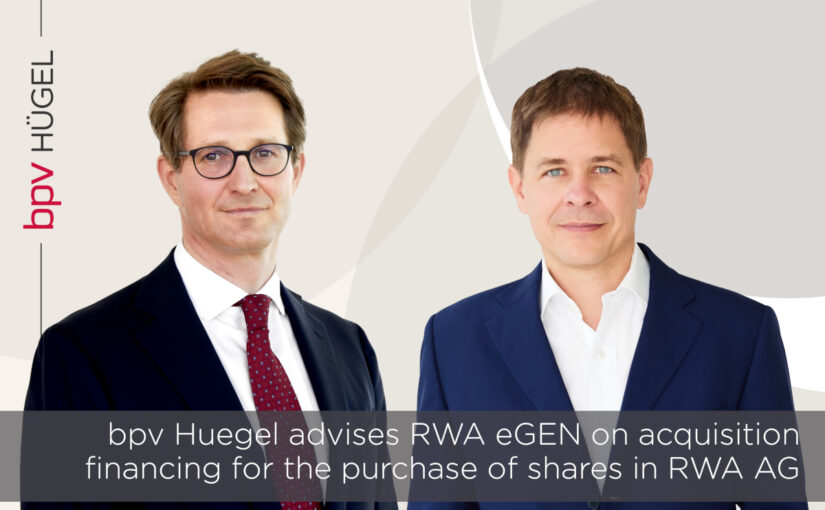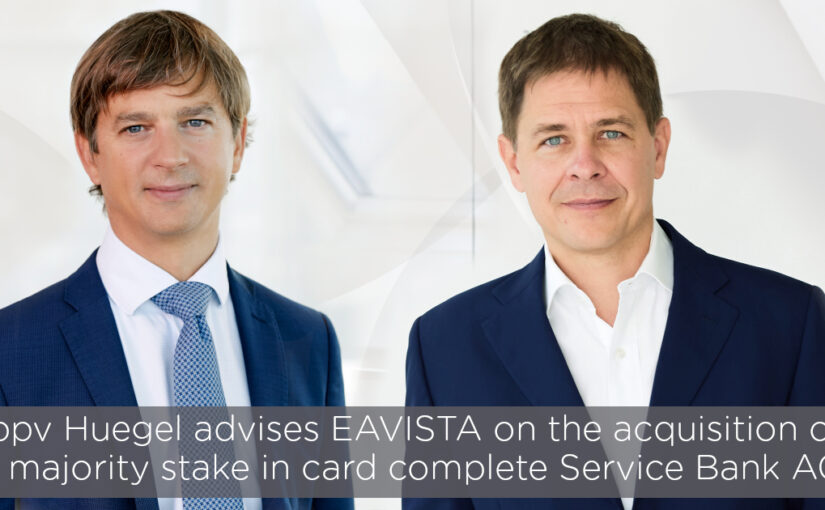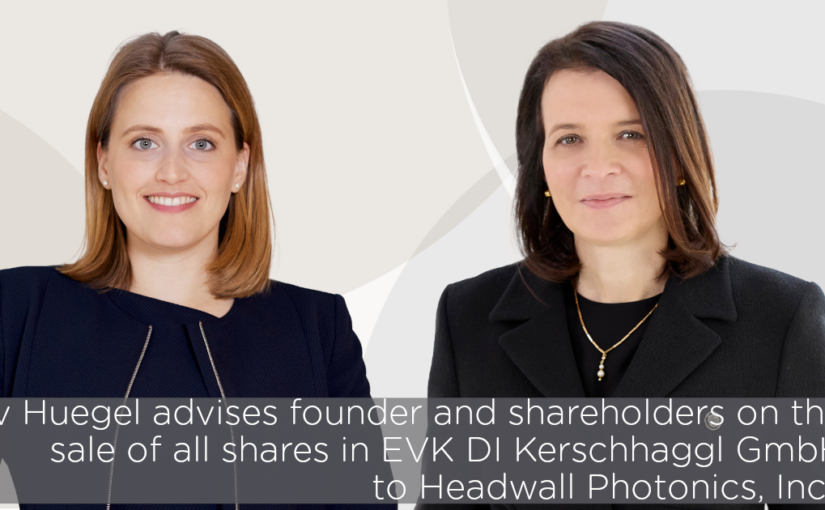The international sales process for the renowned Vienna Marriott Hotel at Parkring Vienna has been successfully completed with its acquisition by an international consortium of investors.
Vienna, 01 July 2025. bpv Huegel provided comprehensive advice to CPI Europe group (S IMMO) on the sale of the Vienna Marriott Hotel to an international consortium of investors. As part of its strategic realignment, CPI Europe is selling the property at Parkring 12a and the hotel business.
The transaction was implemented through share deals and involves the iconic Viennese hotel property, a large-scale, mixed-use inner-city property, as well as the hotel operating company. The transaction value amounts to over EUR 100 million. The closing for the sale of the real estate companies took place on 27 June 2025. The closing for the hotel operating company is scheduled for January 2026.
The buyer is a joint venture between Evientro Ltd and London-based Landfair European Dislocated Opportunities SCSp, which specializes in liquidity solutions in the European real estate market.
Almost exactly 40 years after its opening on 1 July 1985, one of Vienna’s most famous hotels is changing owners. The hotel, with over 300 rooms and suites, was the first Marriott hotel in the German-speaking region. The hotel will continue to be operated by Marriott International under a long-term management agreement.
“The transaction is one of the most significant hotel sales in Vienna in recent years. We are proud to be supporting CPI Europe on this complex real estate and corporate transaction,” said Christoph Nauer, partner at bpv Huegel and co-lead on the transaction.
bpv Huegel’s advisory services covered the international bidding process, complex corporate structuring, drafting and negotiation of transaction agreements, and tax issues. The bpv Huegel team was jointly led by Christoph Nauer (Corporate/M&A), Dominik Geyer (Real Estate) and Roland Juill (Corporate/M&A), and included Nicolas Wolski (Tax Law), Paul Pfeifenberger (Real Estate, Labor Law), Patrick Nutz-Fallheier (Corporate/M&A), Tim Pasternak (Corporate/M&A) and Gerhard Fussenegger (Antitrust Law).
The buyer’s advisors included SAXINGER (lead counsel to the buyer joint venture), AKELA (co-counsel for acquisition financing on the buyer side), Binder Grösswang (merger control on the buyer side), DLA Piper (legal advisor to the buyer in Germany and Luxembourg), Wolf Theiss (legal advisor to the financing bank, UniCredit Bank Austria AG) and BDO Austria (tax law buyer), which also advised on valuation issues relating to the transaction.
The transaction was facilitated by hotel real estate specialist Christie & Co, who acted as advisor and exclusive broker.










